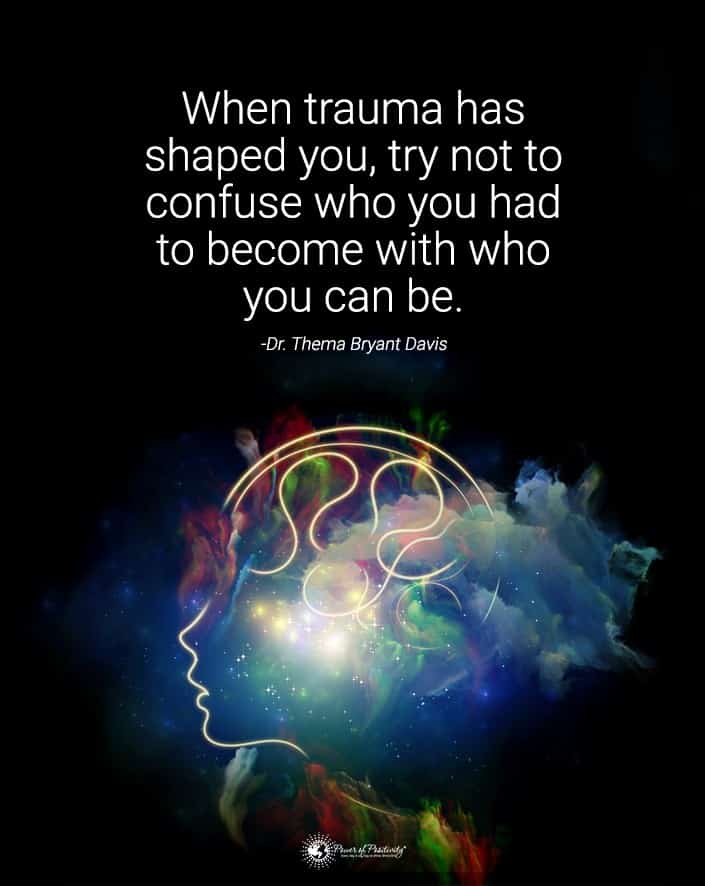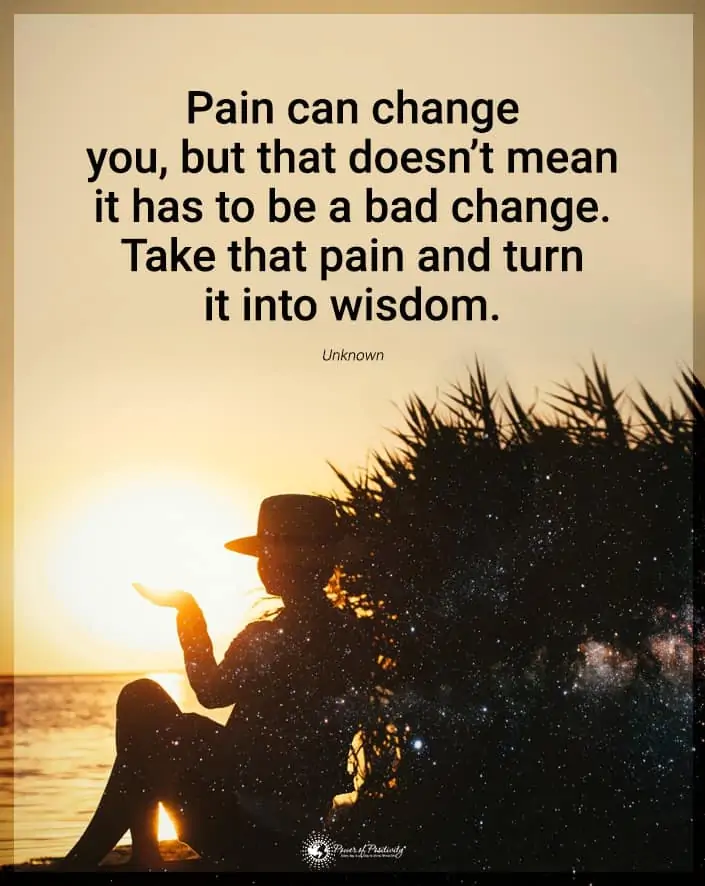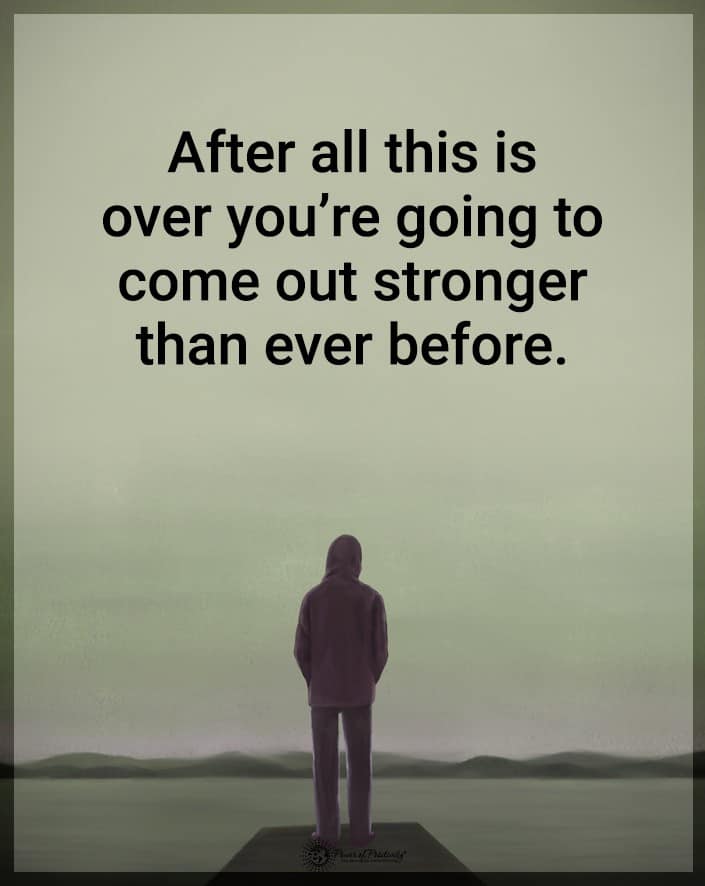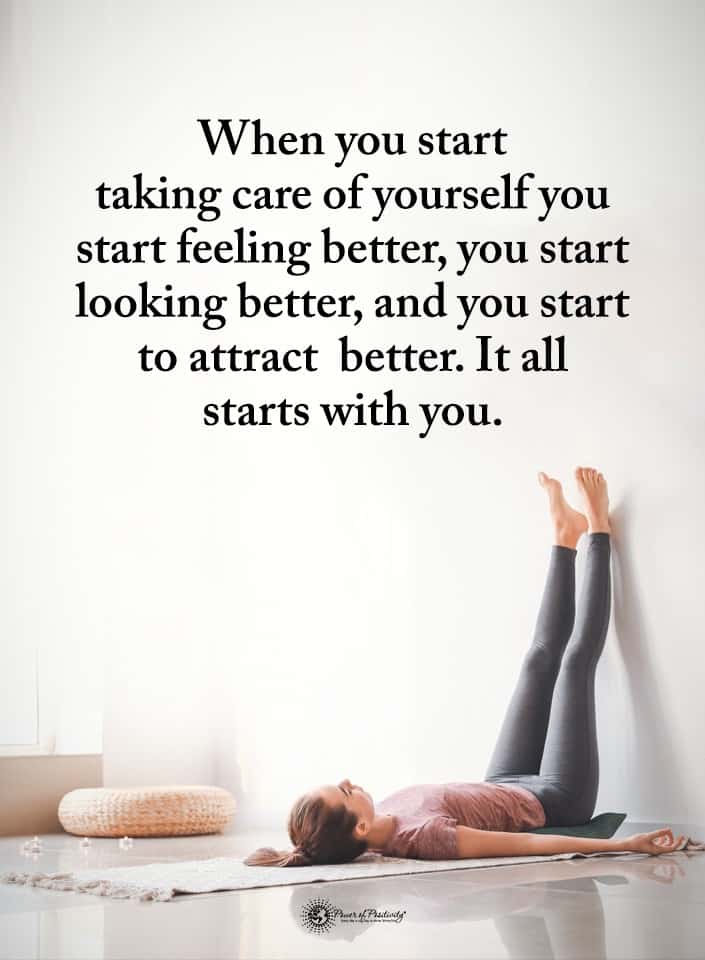Have you ever considered that what’s holding you back from being confident are excuses? That your brain is the one keeping you back? What can you do to get over the fears and nurture your confidence?
It can be hard to be confident when it feels like everyone is judging you at all times. Or when it feels like, no matter what you do, it’s not enough. But all these feelings that stop you from believing in yourself are excuses more than anything else. Is there a way in which you can stop making excuses and start feeling confident?
What Is Self-Confidence?
Self-confidence is the way someone relates to their skills and abilities. It involves acceptance of your true sense while having a sense of control over your life. You have to trust yourself and know your strengths and weaknesses. Self-confident people set realistic standards for themselves, communicate effectively, and can handle criticism well.
People who are trying to build confidence know that they need to take everything step-by-step. Their accomplishments need to be long-lasting. Any new skill you learn, or any setback you overcome, will make you trust yourself a little more. It’s very easy to lose your confidence and a titanic effort to get it back.
Confidence can give people the coping methods to handle failure. Not only that, but it can make you less self-centered. This might seem counterintuitive, but the less you worry about how others see you, the more time you have to be selfless. When you get out of your head, you can engage and socialize genuinely.
 5 Psychological Excuses That Prevent You From Feeling Confident
5 Psychological Excuses That Prevent You From Feeling Confident
Self-confidence is an important quality that can motivate people in any circumstance of their life. Every person wants to become more confident. But what someone wants consciously doesn’t always coincide with what their subconscious does. Sometimes, your brain might put up barriers between you and your goals. And, sometimes people use these barriers as excuses. How can someone stop making these excuses and focusing on self-growth?
1. Feeling Unworthy
Feeling unworthy itself is not an excuse but a real issue that people struggle with. But wallowing in it might become an excuse. When people do this to get attention, that’s when it stands in the way of personal development.
When people feel down, they reject their value. It can be too hard for them to grasp that, no matter what others say, they are enough. Society puts too much pressure on people to be and act in specific ways. And when they don’t, they have to endure consequences. This can induce fear, and it can make people wary of trying new things.
Whenever people feel unworthy, they start to doubt their intelligence and strength. You think there’s no way it’s alright to be different. If you can’t do something, you think it’s definitely because you’re not smart enough or good enough. You start counting failures and measuring mistakes. Maybe the first failure is somewhat acceptable. Let’s say the second one is too. But the more you fail, the more you beat yourself down. And if those feelings are left unattended, you might start wallowing in self-pity.
When you don’t trust yourself enough, you might get comfort from other people complimenting you. The more you express that you feel unworthy, the more you can gather pity from others. When people pity you, they cut you some slack.
They act kinder, and they lend you a hand when needed; they compliment you. This emotional comfort can make you use the fact that you feel unworthy as an excuse. If you tell yourself that you are hurting too much to have the energy to work on yourself. You use this excuse repeatedly until it gets too hard to embark on the path of self-growth.
If you start noticing signs that you beat yourself down over every little mistake, be aware that you might be developing unhealthy habits. Don’t allow yourself to start being too harsh on yourself, and don’t give up on feeling confident.
2. Worrying About What Other People Think Can Hinder Feeling Confident
Social standards are harsh on everyone, no matter how “perfect” you might be. But they’re tough on the people who struggle with feeling confident. Having to live by some standards imposed by others makes you obsess about what they think. And the more you worry over that, the harder it will be to manage.
When you constantly worry about how you appear to others, you can risk tying your value to social expectations rather than your happiness. Instead of focusing on being content with who you are, you focus on how others might perceive you. This mindset doesn’t allow for growth, as whatever you change about you will be forced. You won’t change because you want to or understand you should, but because you want to uphold a specific image.
As you try to be as society expects you to be, you will force yourself to be conventional. On the way, you’ll forget that there’s nothing wrong with being unconventional. If you suppress who you are, you might become someone you’re not. At that point, your self-esteem will plummet as everything “good” about you is fake.
The burden of upholding a fake persona is a lot to handle. You might start using the fact that you always worry about your image as an excuse to refuse to work on self-growth. You might be content with superficially working on yourself, and that will distract you from digging deeper.
When you let go of social expectations and start to value your own needs and wants, you can start working on deeper issues. That can result in you becoming more confident.
3. Self-Defeating Assumptions
 Too often, people make assumptions about things before even trying them. Without knowing if you have the necessary skills or not, you assume the worst. That makes people give up before they even start.
Too often, people make assumptions about things before even trying them. Without knowing if you have the necessary skills or not, you assume the worst. That makes people give up before they even start.
Self-defeating assumptions can look like “I can’t do this; I can’t do that.” It is a confidence destroyer, as it disallows you from focusing on specific goals. Even the most skilled people might get rattled by a misstep and lose all trust in themselves. Once an athlete gets injured, they might never psychologically recover, even if they heal physically. This might look like talented people giving up their dreams because they start believing they aren’t fit for the job.
Assumptions might make you afraid to dedicate yourself to a goal, as you believe the only possible outcome is a failure. Alternatively, you might set goals that are too big or too distant just because you know you can put those off. Some people risk claiming victory too soon, as they are afraid to keep pursuing a goal.
Some people assume that if they try something, they will fail or they will suffer grave consequences. A woman might not go for a management position in a big company because she is afraid she won’t be accepted by a board filled with men.
There are many examples where self-defeating assumptions can ruin your self-esteem. But this fear it makes you feel will be your excuse to stop trying altogether. If you notice that you are keeping yourself from pursuing your dreams, try to stop this before it goes too far.
4. You Compare Yourself To Others, You May Lack Feeling Confident
While it’s good to have role models, it’s not so good to compare yourself to others. It would help if you didn’t focus on the fact that someone is better than you in a particular area, but on how you can become better yourself. You should aspire to do more and look up to others for motivation, not beat yourself up because you aren’t there yet. Unfortunately, people who constantly compare themselves to others employ the latter strategy.
Two things can happen when you obsess with comparisons: you become envious of others’ successes or lose trust in yourself. While it is good to be self-critical and push yourself, you will never be able to do things exactly like someone else. And it would help if you didn’t want to. If you’re an artist, and you can’t recreate a technique, that shouldn’t be an issue. It would be best to focus on what you can do best instead of forcing yourself to be something you’re not.
The comparison makes you shift your attention from your growth. Instead of focusing on how to harness your strengths, you’ll be busy watching others and worrying about how they see you. Not only is it a distraction, but it’s terrible for your self-esteem. You won’t be able to feel confident if you see someone doing something better than you. Don’t always try to be better than others. Instead, be better than you were yesterday.
5. You Depend On Reassurance
One of the most significant ways people create the illusion that everything is alright is by seeking constant reassurance. Instead of working on their flaws, they depend on others to tell them they’re perfect just the way they are. While it’s essential to have people who support you around you, you shouldn’t want them to sugarcoat what they say.
A big part of having confidence is going through hard times, even if you’re alone. Reassurance in doses can do wonders for people who feel a little lost. But when you start depending on it, it creates a façade of safety. You don’t face your flaws and fears because you keep yourself shielded.
Reassurance is a thing that can help you feel better for a short period. But in the long run, confidence and self-trust will get you through tough times. Try to let go of the need to have someone pushing you from behind. Instead, work on being able to stand on your own.
 Final Thoughts On Psychological Excuses That Prevent You From Feeling Confident
Final Thoughts On Psychological Excuses That Prevent You From Feeling Confident
It’s hard to feel confident every second of every day. Some days might be better. Conversely, some might be worse when it comes to how much faith you have in yourself. Confidence is an ongoing journey; you should never stop working on growth and happiness.
On your journey, you must be aware of many obstacles. And you are going to find many excuses to give up. As long as you are aware of those excuses, you can try to avoid them and keep working on feeling confident.


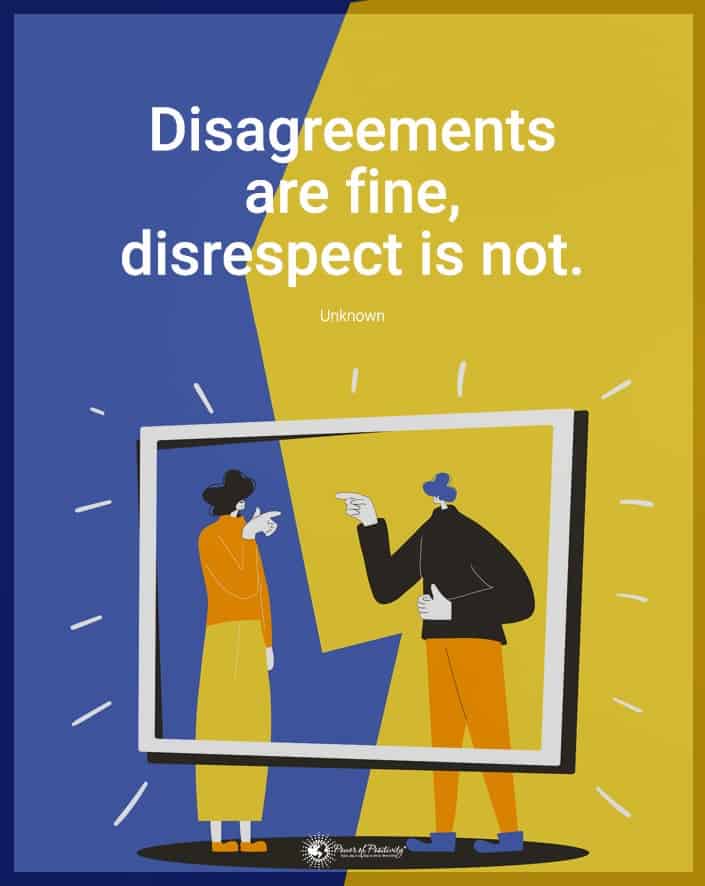


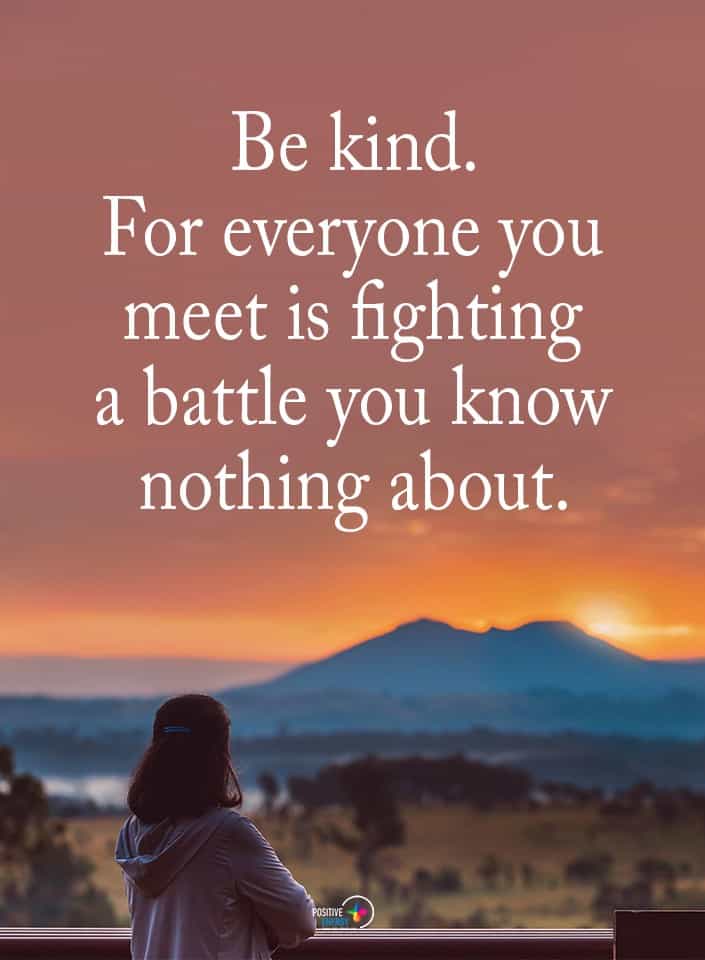

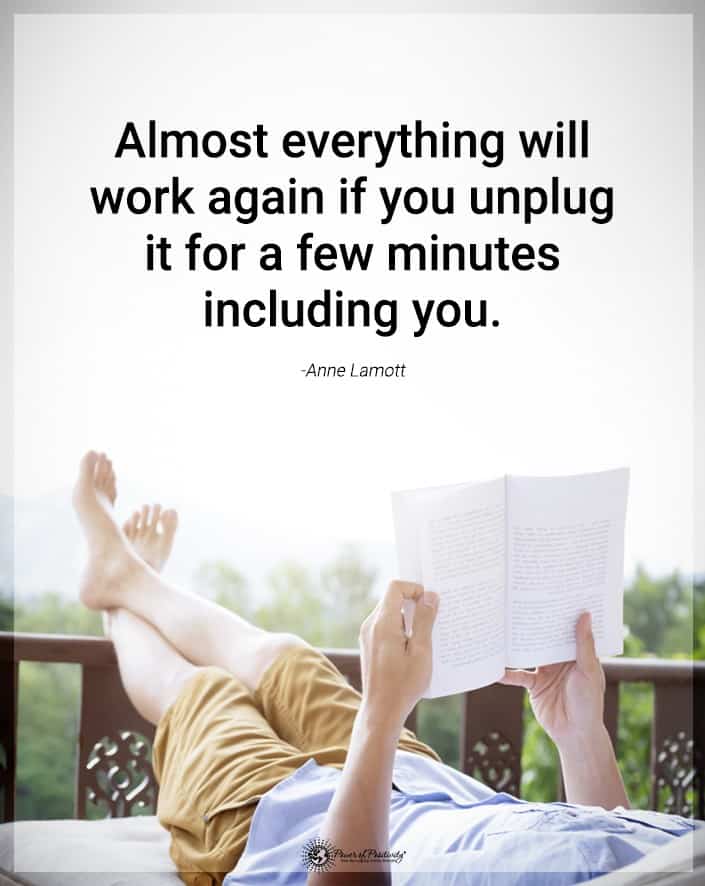


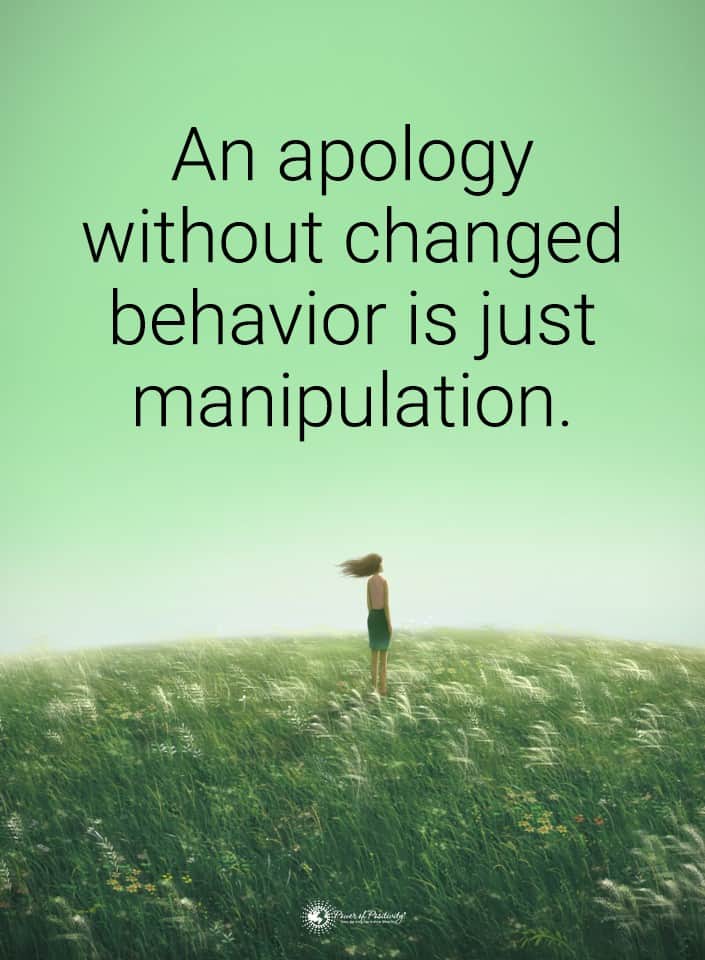 ·
·